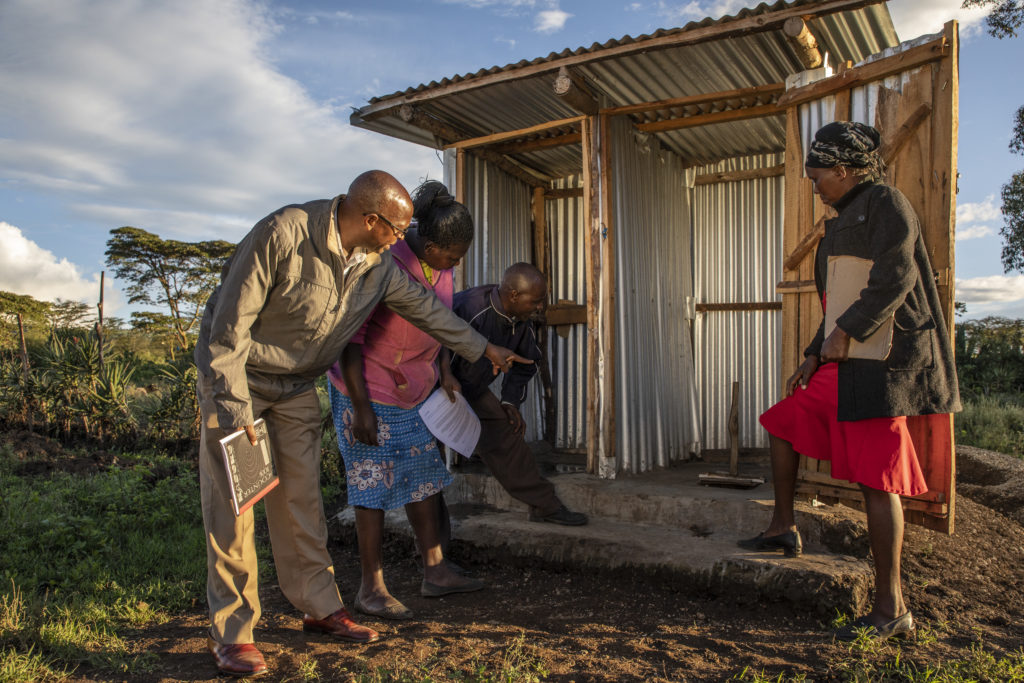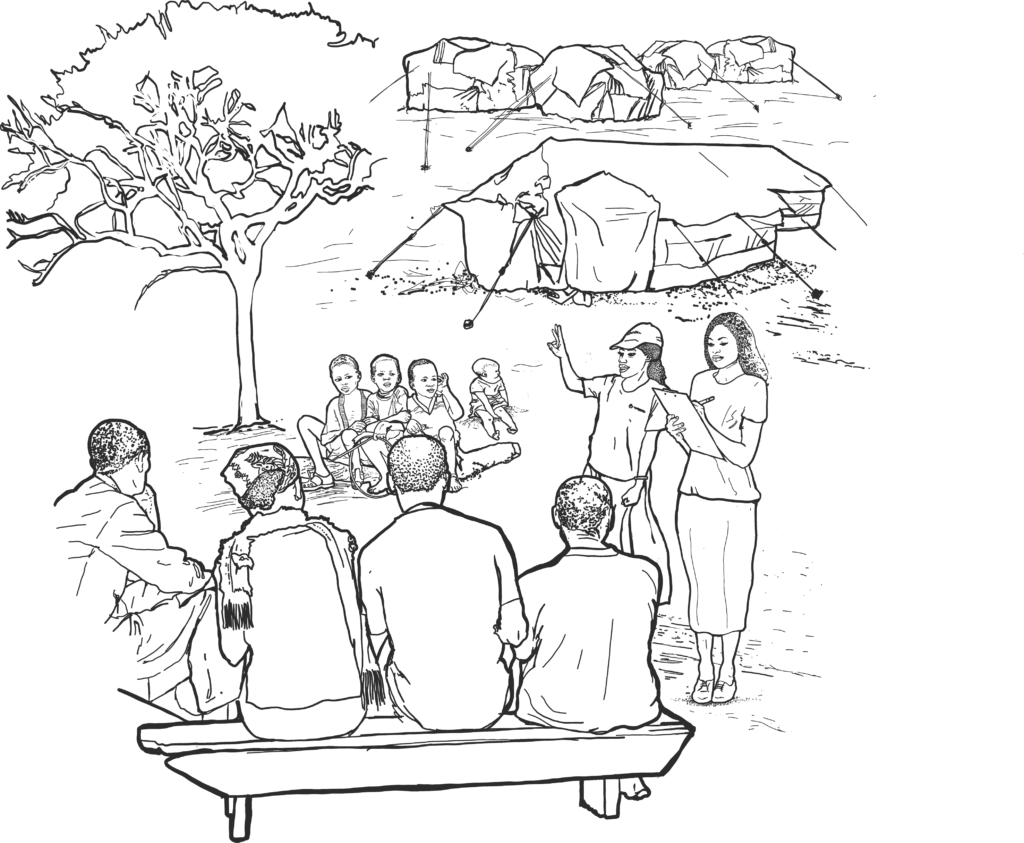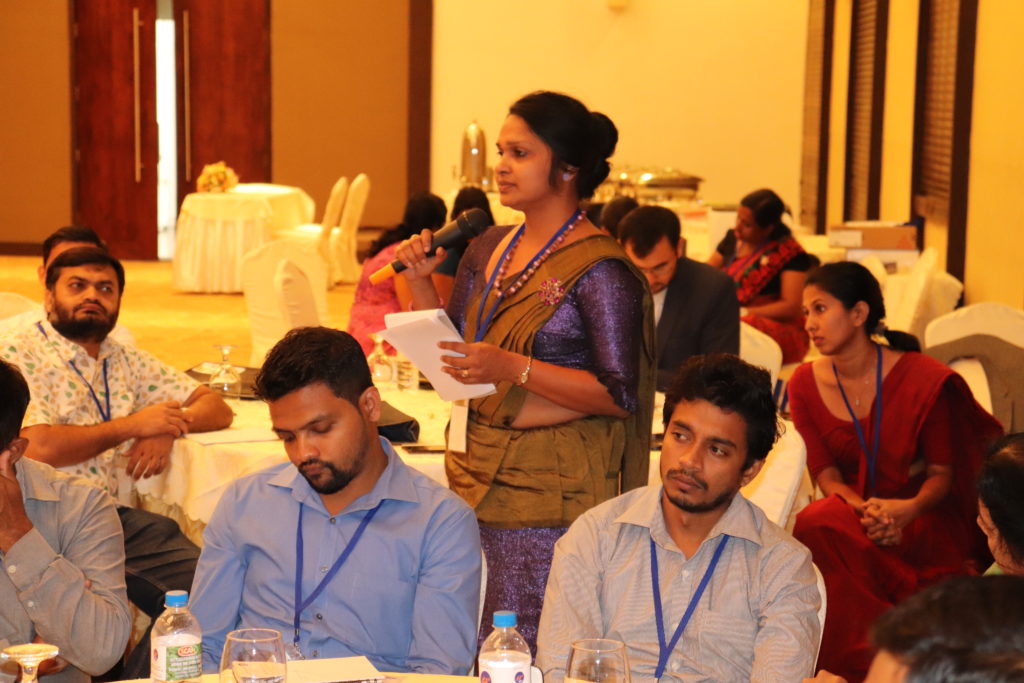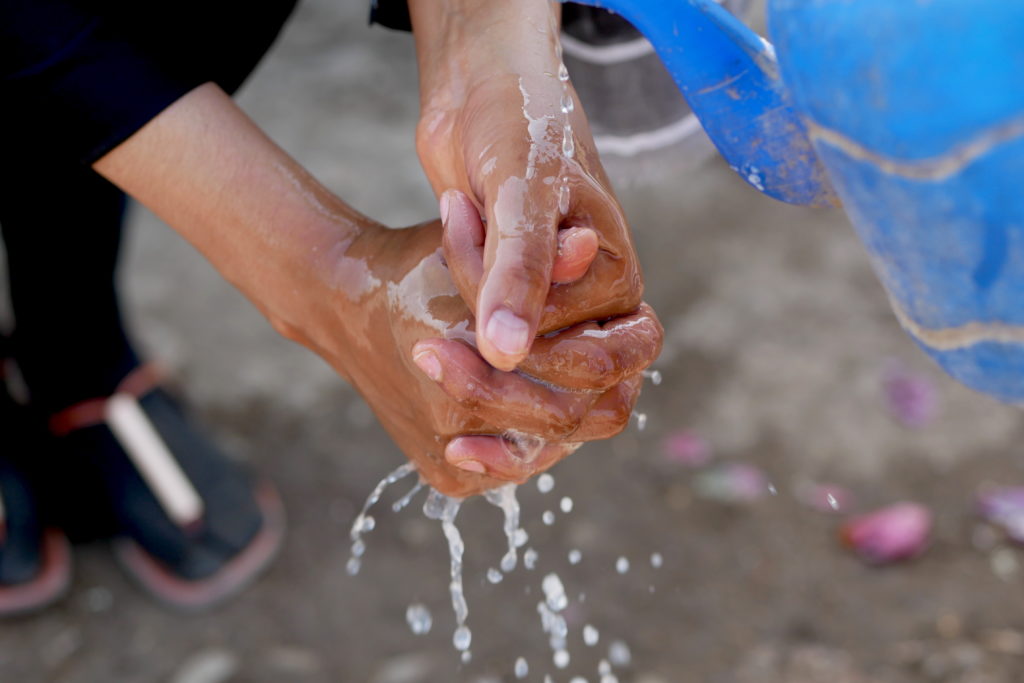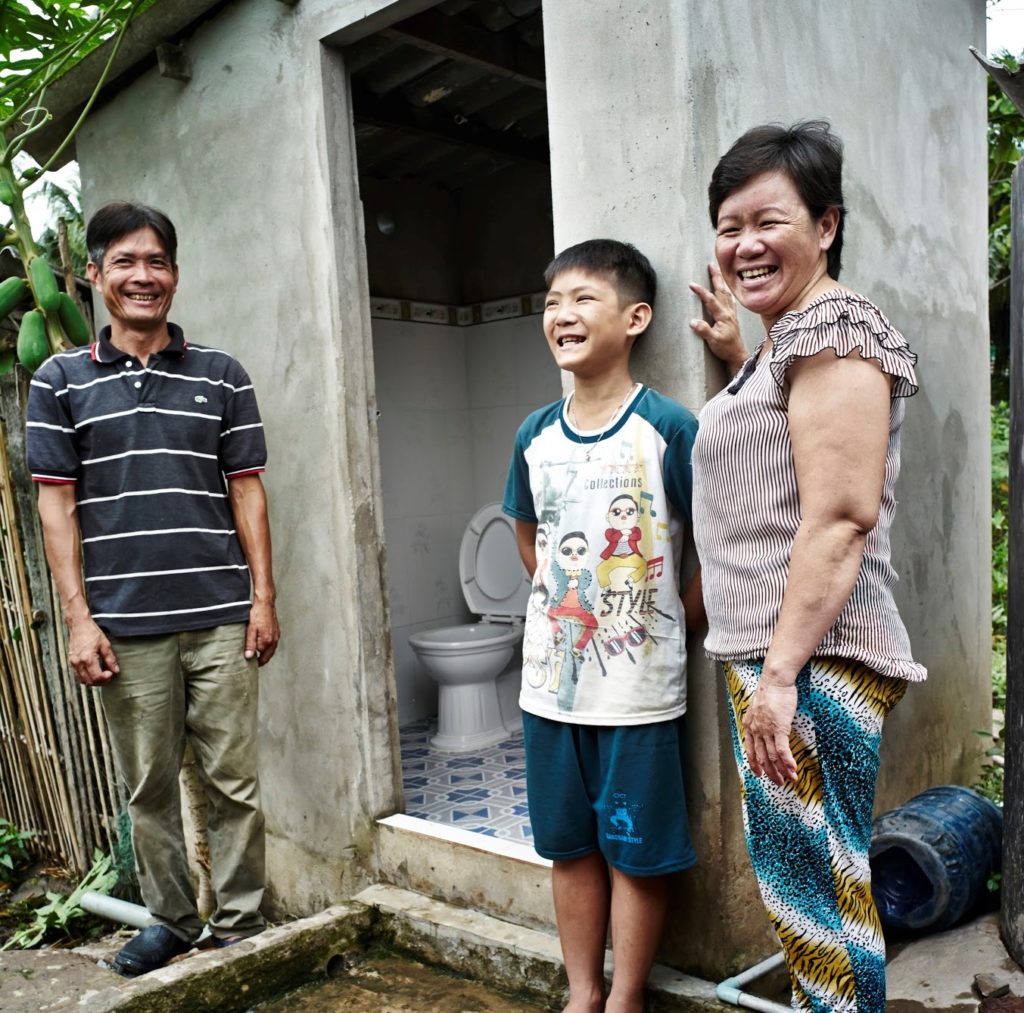Rapid Topic Explorations are a time-bound but an otherwise flexible approach to finding out about a priority topic where knowledge has yet to be summarised in a particular context. Topics have been generated in consultation with the government and development partners.
Researchers are required to assess the current state of knowledge and to seek insights and innovations from the field. Reviews triangulate from different sources including academic and grey literature, key informant interviews, preliminary insights from on-going research on progress and rapid and informal field investigations.
Conditions for these reviews are (1) methods must be explained, (2) recommendations for practice and policy are provided and (3) work is completed in a set number of days (usually 20). Outputs are written and disseminated quickly so immediate relevant and timely actions can be taken.
Experiences to date have demonstrated that a rapid synthesis of knowledge coupled with field investigations can generate insights and practical knowledge in a short period of time. This enables research to be produced to meet the needs and timelines of practitioners and policy makers.
The use of multiple methods have allowed commissioned researchers to triangulate data generated by the different parts of the process. It is important to note that not all topics will be appropriate to explore in this way.
Commissioned researchers have been original and flexible in methods they have used, often innovating under pressure. Furthermore, the direct involvement of senior policy-makers and development partners in the identification of topics for review have led to decision makers wanting to engage in the reviews once completed.
They can also be desk-based – this approach was used to produce a Handwashing Compendium in response to the COVID-19 pandemic.






